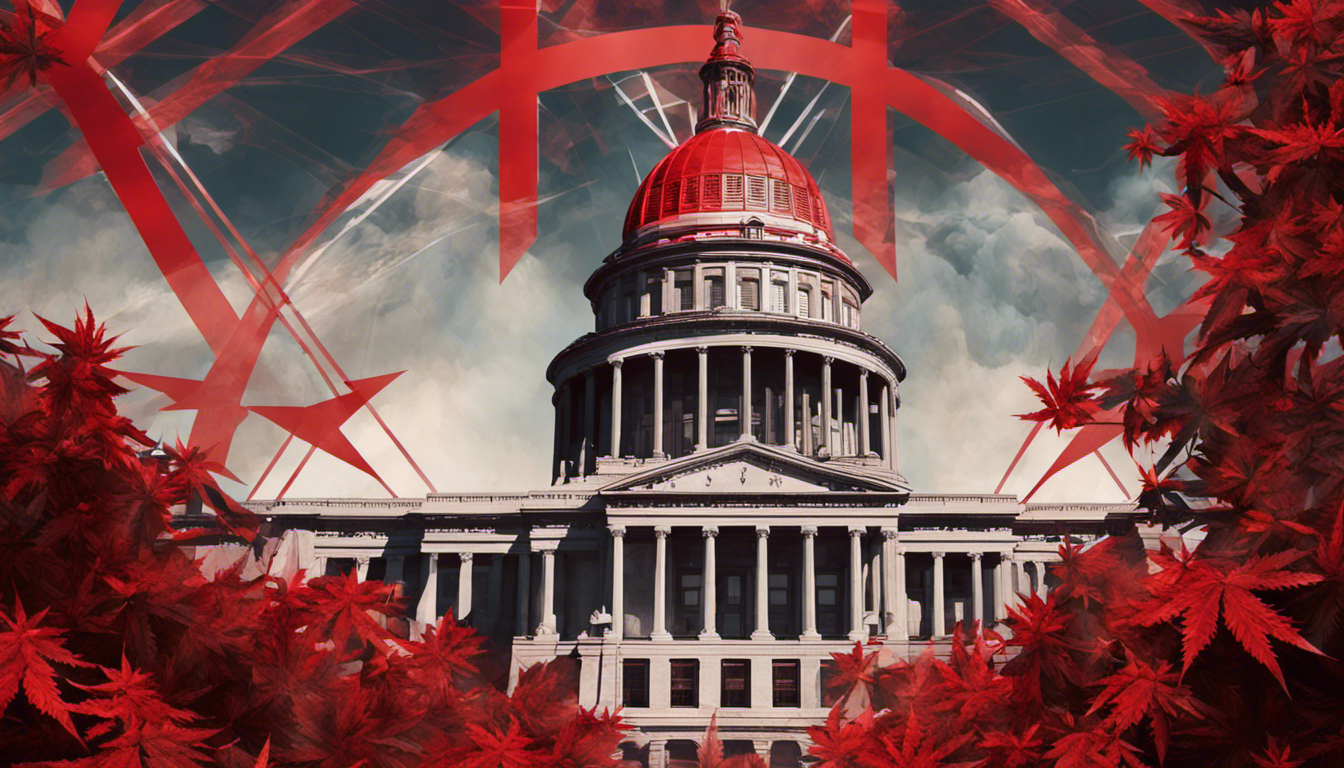Texas Senate Passes Ban on THC Products, a Priority for Lt. Gov. Dan Patrick
The Texas Senate has passed a bill that would ban all forms of tetrahydrocannabinol (THC), the psychoactive compound found in cannabis, in the state. The bill, Senate Bill 3, is a priority for Lt. Gov. Dan Patrick, who claims it will shut down the dangerous THC products business.
The bill would outlaw products containing any amount of THC, including gummies, beverages, vapes, and flower buds, which are currently sold at over 8,300 locations across the state. Current Texas law allows hemp-derived products containing less than 0.3% THC.
Patrick argued that the bill is necessary to protect the public, particularly children, from the dangers of THC products. He claimed that these products are being marketed as safe and legal, but are actually causing accidental overdoses and addiction.
The bill passed with a vote of 24-7, with some lawmakers expressing concerns that the ban would put the consumable hemp industry out of business. The Texas House has yet to consider its own hemp proposal, House Bill 28, which would impose stricter oversight and licensing requirements for the industry rather than a full ban.
The hemp industry has lobbied fiercely against the ban, urging lawmakers to instead impose “thoughtful regulations” such as restricting THC sales to those 21 and older, requiring tamper-proof packaging, and banning sales near schools.
Mark Bordas, executive director of the Texas Hemp Business Council, argued that lawmakers are conflating consumable hemp, which has a low concentration of THC, with higher-potency marijuana. He claimed that the state needs greater oversight of the industry to block bad actors, rather than a total prohibition.
The bill would also allow the non-intoxicating, non-psychoactive cannabidiol (CBD) to continue being sold, while placing firmer restrictions on THC products, including requiring “tamper-evident, child-resistant, and resealable” packaging and banning sales to those under 21.
Some patients and doctors have argued that THC can be used effectively to combat pain, depression, anxiety, appetite problems, and nausea, and that a ban would push consumers into an unregulated black market, making it easier for them to access more potent products.
The bill is expected to be reconciled with the House’s proposal before it can become law.












